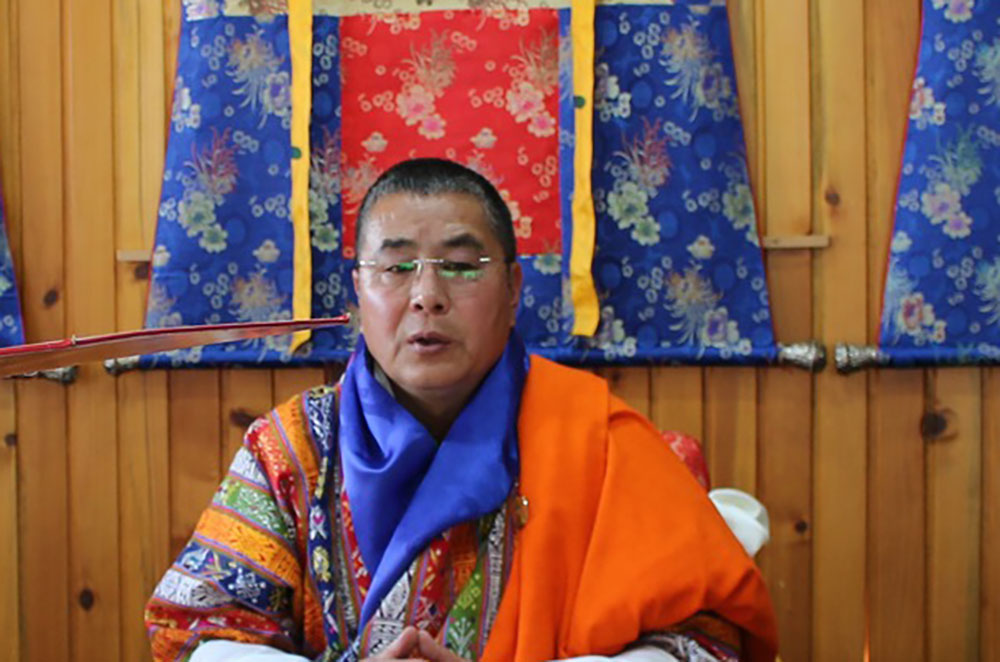Jigmi Wangdi
Human Resource attrition in the health sector has become a major challenge with no immediate solution, Health Minister Tandin Wangchuk said.
“I am concerned that tertiary health facilities like the JDWNRH might implode if we don’t work urgently towards addressing the attrition issue,” said the Health Minister.
Therefore, addressing the attrition in the health workforce was the focus of one of the multiple priority areas for the present government.
A solution being explored was putting in place a robust performance management system wherein the value of the efforts and time of the health professionals was genuinely recognised.
Before that, a comprehensive review of the current performance management system would also be carried out to identify contentious areas.
Lyonpo Tandin Wangchuk said the National Medical Services in coordination with the Ministry of Health and Royal Civil Service Commission was developing a different Performance Management System and Career Pathway for Healthcare Professionals to recognise and differentiate unique roles and responsibilities of different categories of health professionals.
Lyonpo said that he will also work towards ensuring the comprehensive implementation of the 13th Five-Year Plan once the plan is finalised and endorsed. “The plan, which is aligned to all the major thematic areas of the health sector, if fully implemented, is expected to yield high impact and major health gains for the Bhutanese population.”
The government would also be rolling out ePIS, leveraging digital technology to enhance the quality of health services and their sustainability.
Lyonpo shared that when PDP pledged to have “One doctor in one gewog”, the party was mindful of the acute shortage of doctors in the country. “Nevertheless, we recognised the importance of urgently addressing this concern and therefore set a very ambitious goal.”
“We will strive to make our MBBS programme one of the best ones in the region, and ensure that the programme can produce the required number of doctors so that we can be self-reliant in the shortest possible time,” Lyonpo added.
As an alternative, the outreach programmes would be strengthened through a systemic approach so that the people living in the local communities were not deprived of the services that they needed and deserved.


